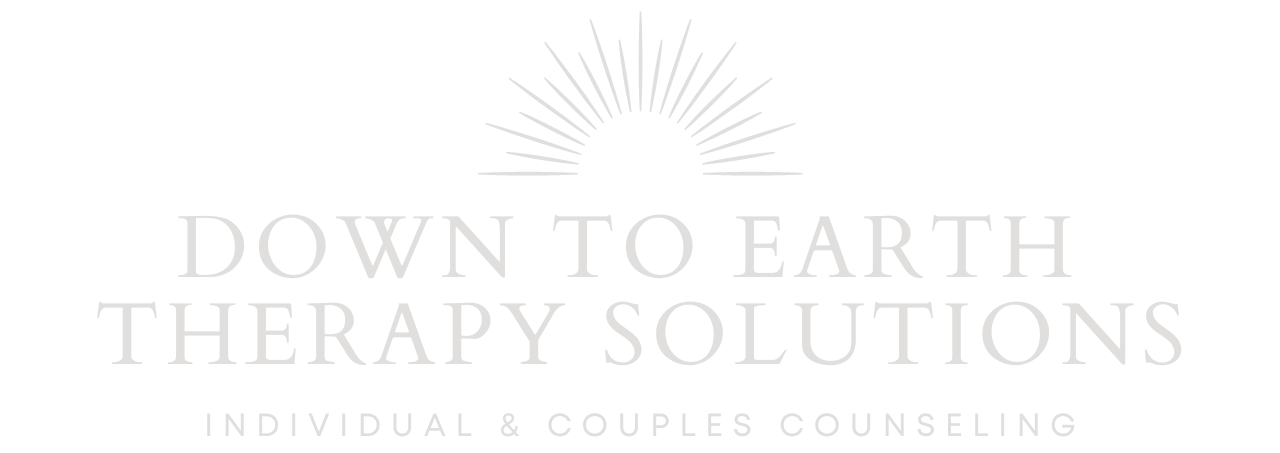Sex is a sensitive and personal subject for many people. When you start to feel that something might be off regarding your sex life or a sexuality-related issue, it can be nerve-wracking to talk about it with someone else. Sharing your deepest insecurities and experiences can be intimidating. Below are some sex therapy FAQs and common concerns that many individuals face when considering sex therapy:
- What is sex therapy or sex-related topics?
Sex therapy is a type of psychotherapy that focuses specifically on sex-related topics. These topics can range from:
- Low libido
- Sexual arousal issues
- Performance concerns
- Orgasmic difficulties
- Painful intercourse
- Sexual identity
- Sexual preferences
- Kink interests
- Partner dynamics
- Non-traditional relationships
- Pornography addiction
- Harmful sexual practices
Sex therapy covers a wide array of issues. If any of these resonate with you, consider exploring the sex therapy FAQs and common concerns further.
- Am I normal sexually?
This is one of the most frequent questions in sex therapy FAQs and common concerns. It can be hard to define what is “normal,” as everyone’s sexual experiences and preferences differ. Rather than focusing on what’s normal for others, ask yourself, “What feels normal for me, and has something changed recently?” Comparing yourself to others or to media portrayals can be misleading. It’s common to wonder if you’re “normal,” so if you find yourself thinking about this often, you’re not alone. - Am I having enough sex?
The concept of “enough” sex is subjective. When examining sex therapy FAQs and common concerns, one of the key things to consider is whether your expectations are based on personal desires, comparisons to others, or feelings of disconnection with your partner. On average, couples have sex about 2-3 times per month, but everyone’s needs vary. If intimacy feels lacking, it might be worth discussing ways to enhance emotional and sexual connection with your partner. - I’m not often sexually aroused. How can I increase my sex drive?
A common issue in sex therapy FAQs and common concerns is the struggle with low libido or decreased arousal. Many people notice that their sexual desire fluctuates, often due to medical conditions, stress, or other underlying factors. If your current arousal levels differ significantly from the past, discussing it with a therapist can help alleviate anxiety and pinpoint ways to address it. - Do I need to be in a relationship to discuss sex-related topics in therapy?
No. One of the sex therapy FAQs and common concerns is whether you need to be in a relationship to explore sex-related topics in therapy. The answer is no—individuals can address sexual concerns on their own. The key is to be open and honest with your therapist about what you’re experiencing. - Can couple’s therapy also address sex-related issues?
Yes. Couple’s therapy often covers topics around sex and intimacy, which are crucial parts of any relationship. Addressing sex in therapy can deepen emotional connection and strengthen communication. This is one of the sex therapy FAQs and common concerns that couples may have when entering therapy. - How do I know when it’s time to talk to someone about my issue?
If you’ve found yourself reading about sex therapy FAQs and common concerns, then you’ve already taken the first step toward addressing your worries. If your concerns continue to preoccupy your mind, speaking with a professional could be the next step toward gaining clarity and working toward solutions.
Asking for help is a big step. It takes courage to seek assistance, especially when it comes to sensitive topics like sex. By addressing these sex therapy FAQs and common concerns, you can begin the process of healing and growing, knowing that professionals are here to guide you with care and understanding.




